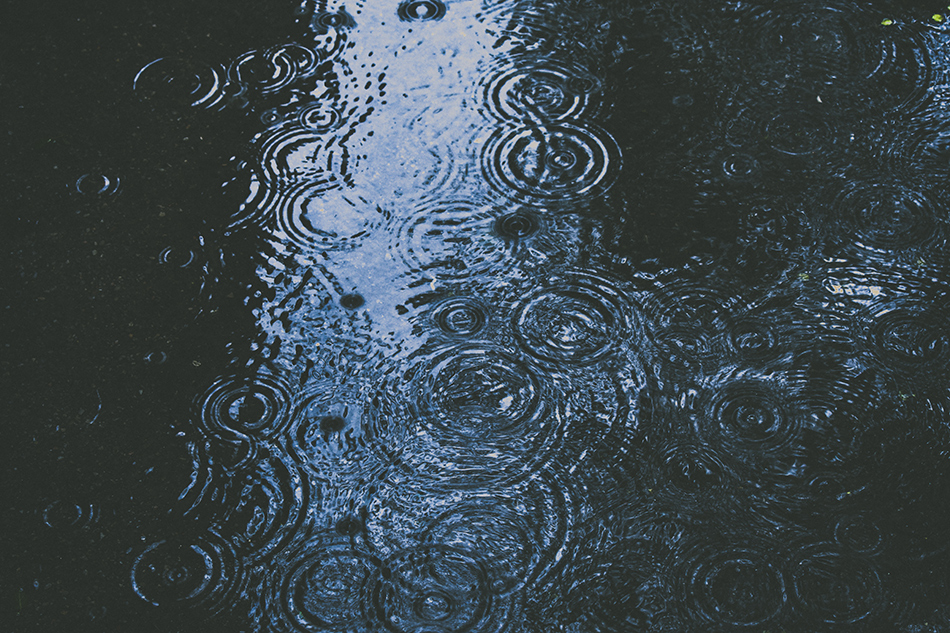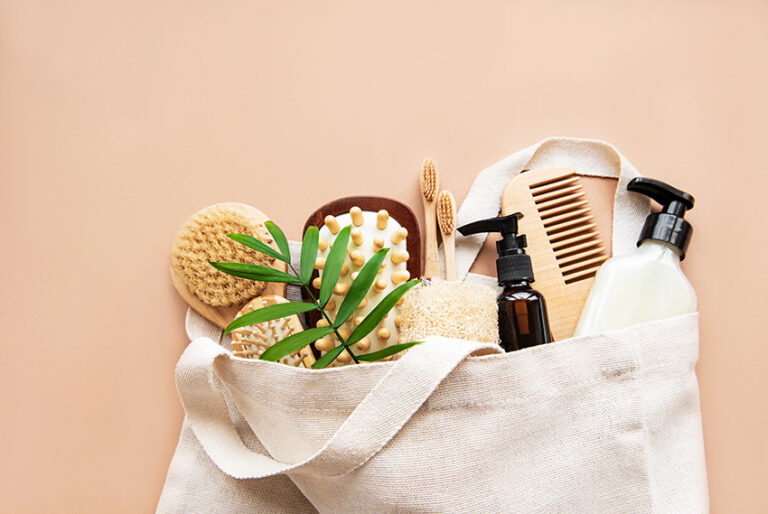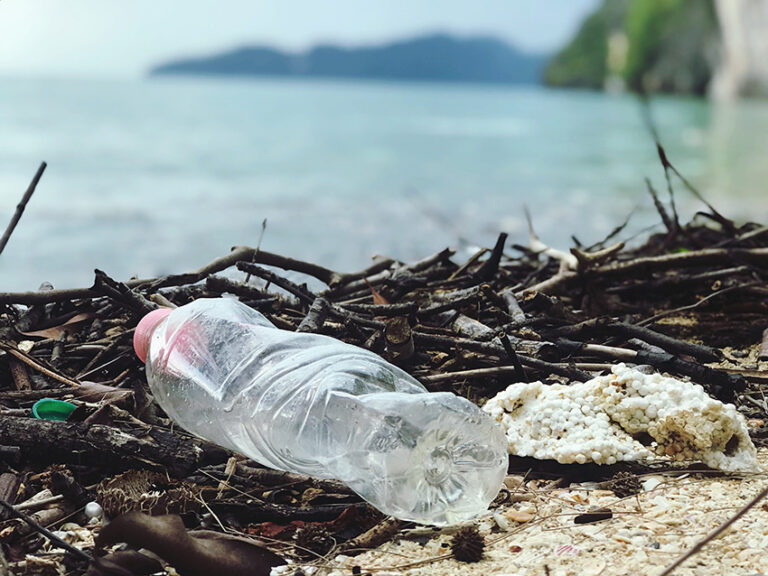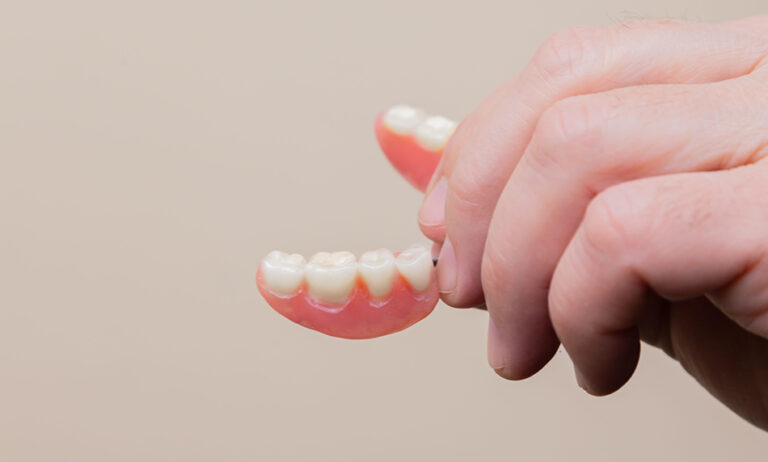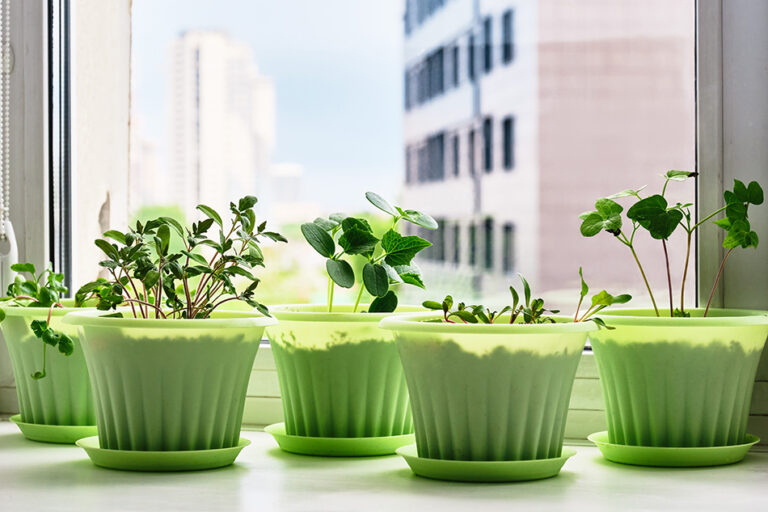You’ve likely heard it for years now: our environment is in trouble. We’ve been dumping hazardous chemicals into the air, ground, and water for decades, and most of them are directly linked to plastic. A recent study published in the journal Environmental Science and Technology on August 2, 2022, shows that the earth is in more trouble than we previously thought, and not even rainwater is safe for consumption anymore.
The Culprit is PFAS
According to the study, the primary reason why rainwater is not safe to drink is PFAS contamination. PFAS stands for Perfluoroalkyl and Polyfluoroalkyl Substances, which is a fancy way of describing chemicals that leach out of the super-strong plastics we’ve been manufacturing since before World War II. They are also referred to as “forever chemicals” because they don’t simply disappear over time. While they won’t really stick around forever, they do take thousands of years to break down – and that’s bad news for humanity. PFAS are dangerous to the earth and to human health, and they’ve been linked to liver cancer and other health conditions in multiple studies.
The Scope of the Issue
Here in North America, we tend to rely on municipal water sources to provide our drinking water, and those who aren’t connected to municipal sources get their water from wells. Once sufficiently filtered, well water is almost always considered safe for human consumption. However, it’s important to remember that the world stretches far beyond the First World here in the US and Canada. People in other parts of the world rely on rainwater for consumption, and they generally expect that it’s safe to drink. Unfortunately, this is no longer the case, as the PFAS problem has infiltrated the entire planet and there is not a single raindrop on the planet that hasn’t been impacted.
What Can We Do?
It’s scary to think that something as innocent as drinking rainwater could eventually lead to cancer, but that’s the unfortunate reality we find ourselves in. According to the study, reaching what US environmentalists consider “safe” levels of PFAS in the environment comes with an incredible cost in terms of drinking water treatment plants. The time to act is now, and there are several things you can do right now to get the ball rolling:
- Stop consuming plastic. By and large, the biggest and most important thing anyone on this planet can do to stop pollution is to stop consuming plastic. If we refuse to consume it, brands will have no reason to manufacture it. Like anything else, it all comes down to supply and demand.
- Look for sustainable alternatives to plastic items. Things like metal or glass straws might seem insignificant in the grand scheme of things, but they’re actually phenomenal! Similarly, switching your plastic toothbrush for one with a sustainable bamboo handle can make a big difference, too. Look for every opportunity to make these little swaps that you can find, and encourage your friends and family to do the same.
- Write to your elected officials. The power of community can have a strong impact, so start typing out emails to your Congressmen, State Representatives, and other elected officials. Let them know that you want to see your tax dollars go toward cleaning up the environment and funding the drinking water treatment facilities that people around the world need.
News like this is always difficult to hear, but there is a silver lining around this dark, heavy cloud: more and more companies are committed to doing their part to stop pollution, and many – including WooBamboo – are doing their best to reverse it by providing sustainable, eco-friendly, and affordable alternatives to the products you use every day.

